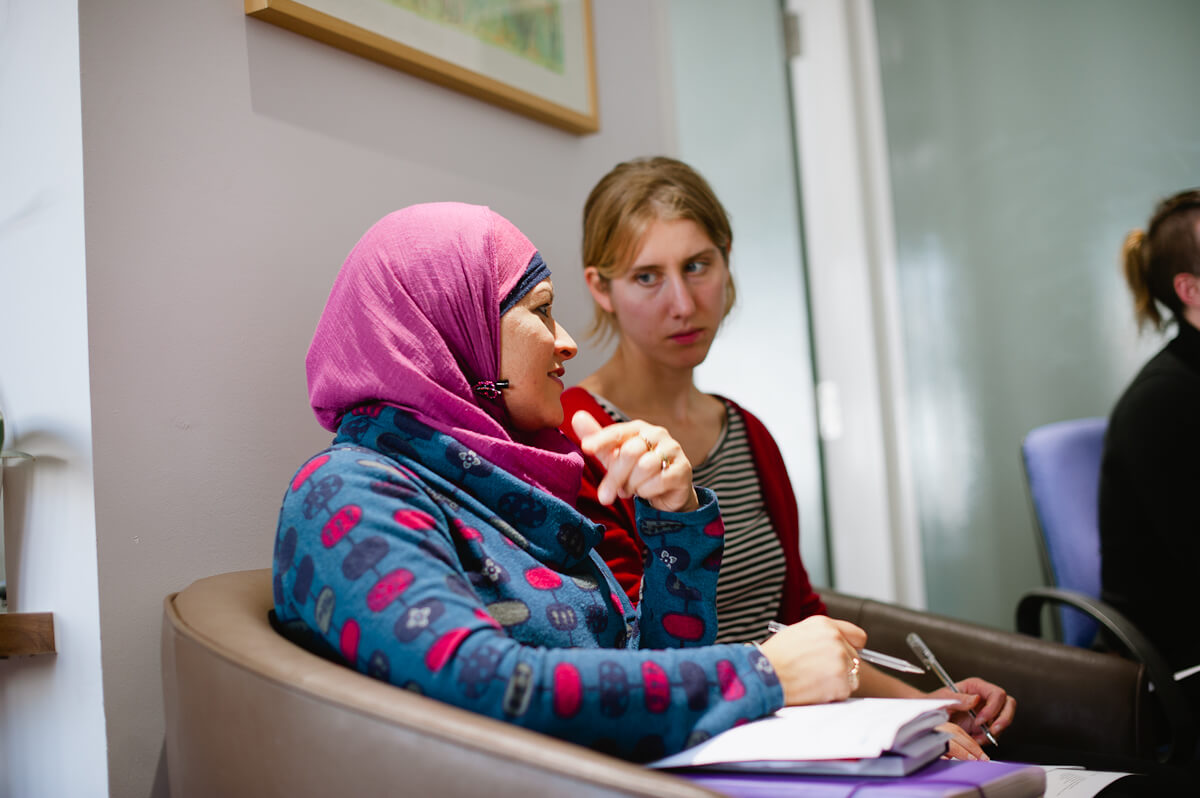
Student research
Guidance and resources for PhD and professional doctorate (ProfDoc) students
We support a community of over 300 students across a range of professional doctorate programmes at the Tavistock.
- Over 220 professional doctorate or PhDs have been awarded since 2015
- World-class supervisors, leading the field in their specialist areas of clinical and/or research practice
- 90% completion rate
- 89% rated our teaching ‘excellent’ or ‘very good’
- 93% agreed that the course enabled their development of professional skills
- Our doctoral graduates have a good record of publishing their research and presenting at national and international conferences
The following guidance and resources are for both PhD and professional doctorate (ProfDoc) students on University of East London (UEL) and University of Essex (Essex) validated courses, their supervisors, as well as any other interested parties. For current research students, please visit the research student forum on Moodle.
If you are on a professional doctorate course, the first phase of your course is described as the taught phase or training/clinical part of your course. Most of the information that you will need whilst on the taught phase of your courses can be found on your course page on Moodle and in your course handbook.
After completing the taught element and in order to gain the doctorate award, students will need to complete a thesis/dissertation. All ProfDoc students will be required to register a thesis proposal and gain the appropriate ethical approval(s) before proceeding with any research. The process of registration, ethical approval and other university specific processes ProfDoc students are required to undertake are described step-by-step in the pages below.
For information relating to the management and governance of all research carried out within the Trust, including funding opportunities, please visit the getting started webpages. Alternatively, please visit Noclor research support.
UEL doctorates
Guidance and resources for Professional Doctorate students on courses validated by the University of East London, their supervisors, and other interested parties.
Essex doctorates
We currently support a community of over 300 students across a range of Professional Doctorate programmes at the Tavistock.
Ethics
As a student of the Tavistock and Portman NHS Foundation Trust it is most likely that you will need to gain some form of ethical clearance before you can begin your research.
A guide to MyResearch
The following guidance and resources are for professional doctorate students registered on University of Essex validated doctoral courses, research supervisors and research/course leads.
Research week
All our students are encouraged to attend our annual Research Week. The workshops and talks provide an opportunity to develop key research skills and the doctoral conference offers a platform for students to present their work
Doing research at The Tavistock and Portman
The Tavistock and Portman NHS Trust work in collaboration with Noclor to produce high quality mental health research.